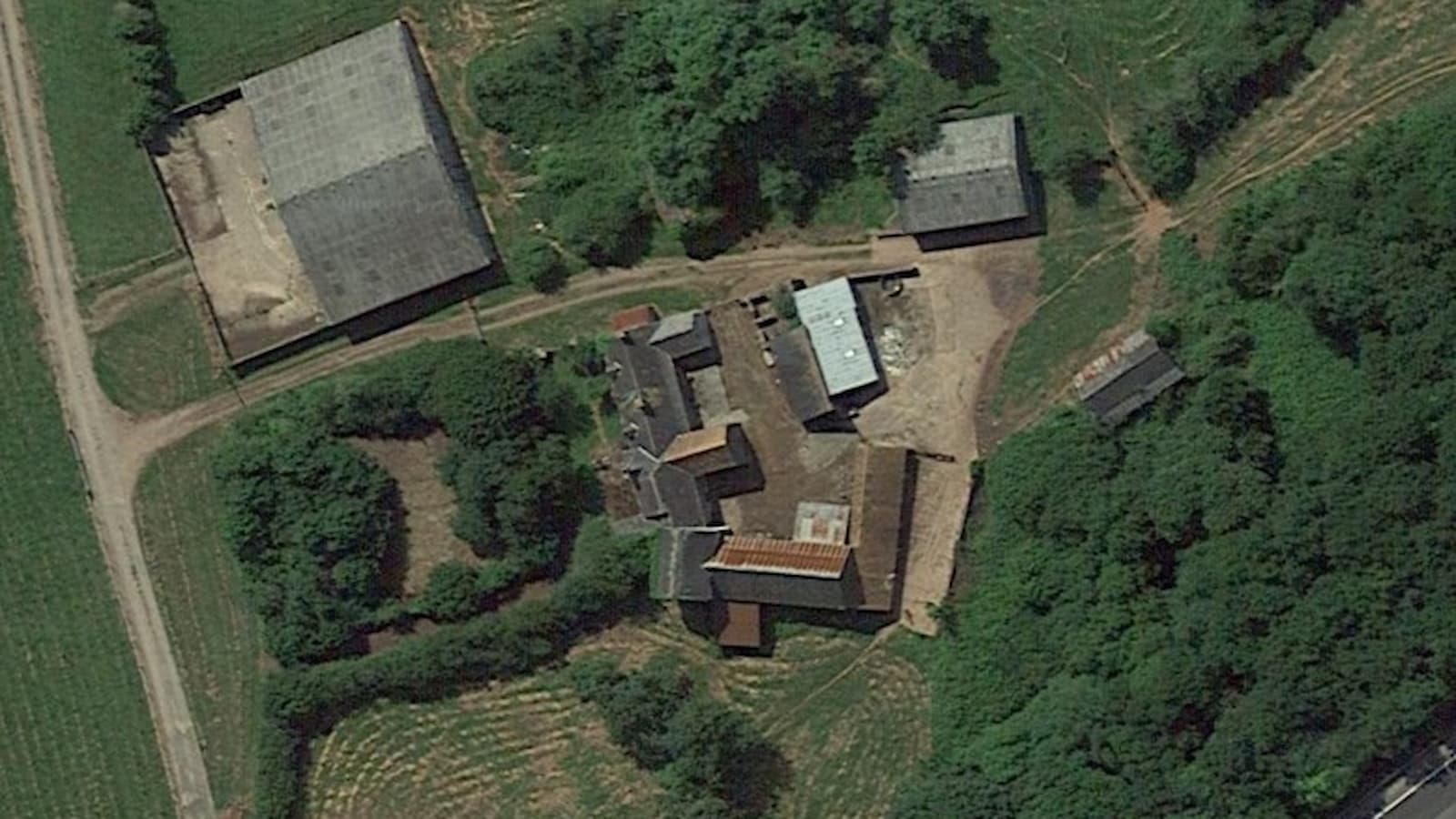Couple change ‘agricultural bungalow’ into residential home using ‘10 year rule’
The home's planning conditions stated the bungalow was only to be used by those employed as agricultural workers, but the current occupiers have lived there for 12 years without meeting these conditions

A homeowner has successfully turned an "agricultural bungalow" into a residential home using the 10 year rule.
The bungalow at Oaklands, Upper Tal-y-Fan farm in Dingestow has been owned by Joan Newman since 1970, however, based on planning permission gained in 1992 the planning conditions for the bungalow stated the occupiers must be employed as agricultural workers or else be in breach of planning conditions.
As the property is in Wales the bungalow qualified for the 10 year rule, which allows a home to qualify for planning permission as long as it has been used for 10 years and no enforcement action has begun by the council.
Ms Newman proved the current occupiers have lived in the home for 12 years and have never worked in agriculture and only used it as a regular residential home and so the home should be allowed to be used solely as a residential home, which Monmouthshire County Council agreed.
Application to change the existing use of the property
Joan Newman was seeking a Lawful Development Certificate for Upper Tal-y-Fan Farm to turn the bungalow, that was originally only permitted to be used by agricultural workers, into a home for general residents.
She wanted to change the use of the property from an agricultural bungalow into a regular domestic residence.
Under the planning conditions it was stated that the home was only to be used by those who worked on the farm, with this work including "horticulture, fruit growing, seed growing, dairy farming, [and/pr] the breeding and keeping of livestock".
Get the Homebuilding & Renovating Newsletter
Bring your dream home to life with expert advice, how to guides and design inspiration. Sign up for our newsletter and get two free tickets to a Homebuilding & Renovating Show near you.
How did she argue this qualified for the 10 year rule?
The planning permission for the home requiring the occupiers to be agricultural workers dates back to April 1992, however, Joan argues that the existing residents, which is not herself, have not been involved in any agricultural work since they moved into the home in March 2011 to July 2023.
The initial approval in 1992 had seven conditions that had to be followed. Condition 3, related to the need for agricultural occupancy, is crucial.
Ms Newman showed that as the current occupiers were in breach of the planning conditions for over 10 years, and in that time no enforcement action was taken by the council.
Therefore, Ms Newman claimed this broke the original planning conditions for the bungalow, according to Section 336 (1) of the town and Country Planning Act 1990, meaning the requirement for the home to be agricultural use only should no longer apply.
Why did the council approve the application?
Monmouthshire County Council found Ms Newman's application to be valid as there was no evidence to contradict her claims.
The Planning Officer's Report stated: "The onus with a CLEUD (certificate of lawfulness of existing use or development) is upon the applicant to prove that the development is lawful. In this case, it is the responsibility of the applicant to show that this site has been used continuously for over 10 years. The evidence provided demonstrates that there has been a single occupier from March 2011 until July 2023 have not been employed in the role of agriculture."
The council saw from council tax records that one of the occupants was the sole registered person at the address since 2011, which proved "beyond all reasonable doubt that this property has been occupied for a period of more than 10 years by person(s) not employed in agriculture".
Therefore, the Certificate of Lawfulness was approved and the bungalow can be used for general residents and not just as a "agricultural bungalow".
10 year rule in Wales coming to England
The 10-year rule that exempts planning permission from being required was introduced in Wales in 1997.
This means that planning breaches, which have avoided enforcement action for 10 years and have been proven to be used in that period as a home, do not require permission to be changed for residential use.
There is currently a four-year law in England for these purposes but plans have been submitted to change this to 10 years as the four-year rule is set to be scrapped as part of updates to the government's Levelling Up Bill.

News Editor Joseph has previously written for Today’s Media and Chambers & Partners, focusing on news for conveyancers and industry professionals. Joseph has just started his own self build project, building his own home on his family’s farm with planning permission for a timber frame, three-bedroom house in a one-acre field. The foundation work has already begun and he hopes to have the home built in the next year. Prior to this he renovated his family's home as well as doing several DIY projects, including installing a shower, building sheds, and livestock fences and shelters for the farm’s animals. Outside of homebuilding, Joseph loves rugby and has written for Rugby World, the world’s largest rugby magazine.
